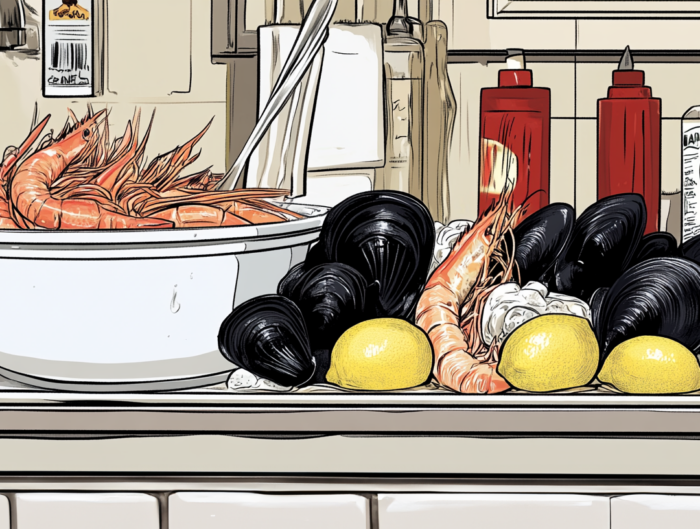Finalist, 2021 Five South Flash Fiction Prize
I.
There is a woman running around her mansion in a tucked away, tree-lined part of the city. She is a wife and a mother, who, because of sweeping new laws, carries a candelabra on each of her shoulders. She is able to take them off when she sleeps, but in public, and even in private, she is expected to wear these.
On this day, the woman’s husband is away on business, which means that both shoulder’s candelabras must be lit. One shoulder is to symbolize a time of mourning and the other is to symbolize the love and desire that never wanes when her beloved is away. As anyone could expect, these lit candles could impose some danger throughout the day. She wears shoulder and arm guards for the dripping wax, but very often drapery, wallpaper, cabinets catch on fire. The government requires every room in every residence to have a fire extinguisher. This is law, although their use is highly discouraged, and in some states, officials have called for “No Use Extinguishers” or “Ornament Only” policies. There was an oft-repeated excerpt from a well-known proponent’s speech that read, “The flames of passion and the blazes of love must never be put out. These women must not give into the darkness of an expedient and cowardly survival but surrender to the light of true devotion.”
On this day, the woman is running around her mansion because her son has gone missing. She yells for him in a panic, her arms out, making sure she does not light the Turkish tapestries that line her hallways. Along with the numerous laws regarding the candelabras, including hair length requirements and the outright ban of all hair products, the penalty for a woman who loses, abuses, or is found negligent in any way towards her child is death.
II.
Meanwhile, the son wearing a tuxedo with tails and a top hat stands in back of the side driveway atop crates of oranges. The crates are stacked into a high pyramid and the mischievous carnival barker boy hits his cane on the crates and proclaims, “Of all the tropicanas of the world, you all have found yourselves a keeper. Yes, you have. Who would ever walk across the room for just a glass of water?… No one! That is right, gentleman. But who would walk across the room for a glass of gold? You would! You would! You would! You are surrounded by liquid gold sold as gold and sold to you, for a low, low price…” There are workmen in muddy overalls and flannel shirts gathered below, ready to purchase with eyes wide open. Some even jump and raise their fist and yell in glee at the son’s performance.
Then the boy pauses. “So, would you all like to taste gold?” They all scream, “Yeah!” He smashes the ivory handle of the cane onto the top of a crate, cracking the wood planks and smashing a couple of the oranges. Digging briefly for an unharmed fruit, he then takes out a knife from his back pocket. Flicking the blade up, he quarters the first orange, still in his white gloves, really selling the sleight of hand. He throws out the pieces. A few workers catch the pieces and toss them into their mouths, rind and all. They have an orgastic reaction. The other workmen become ravenous at the sight of this. A couple starts to kick the crates on the bottom of the pyramid. A few oranges roll out as the whole structure sways. The boy starts to sweat. A couple other workmen pick up the oranges. They are plastic and have a number written on them with a full name, an address, and then the phrase, “Concentrate on Constituents” in bolded letters.⬥


